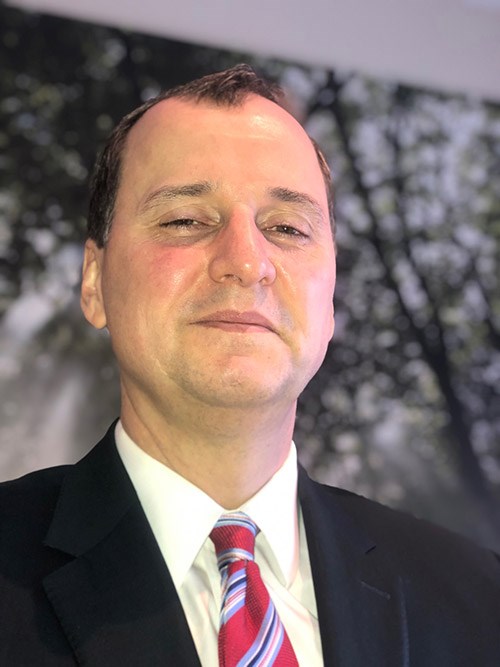Chad Fleck has a simple message for people when it comes to mental health issues: it’s a type of health, and it’s important to everybody.
Fleck is a former southeast Saskatchewan resident who resides in Ottawa and works for the Foreign Affairs Canada. His career with Foreign Affairs has allowed him to work in several countries, and he also spent eight months as the head of the Saskatchewan Trade Export Partnership (STEP) in 2014 and 2015.
But much of the past decade for him has included mental health issues.
“If you don’t take care of your mental health, you’re not taking care of your health,” he said in an interview with the Mercury. “It’s important that people take care of their health.”
The story of Fleck’s early years is similar to a lot of southeast youths. He was born and raised in the Lampman area, and went to school in the town. He helped out on the family farm, played hockey in Lampman and Estevan, and his skills on the ice allowed him to play junior hockey and at the University of Saskatchewan. He also spent time working in the southeast oilpatch.
Fleck was hired for Foreign Affairs in the late 1990s, in what he described as a “pretty competitive class.” There were intense days in which he would be in the same room as the president of the U.S. and other world leaders.
But it was when he was working as a commercial counsellor and senior trade commissioner with the Canadian embassy in Tokyo that the mental health issues started to surface.
He was working with the Canadian embassy in March 2011 when an earthquake and tsunami struck the country and resulted in a meltdown at the Fukushima nuclear power plant. The embassy handled about 4,000-5,000 calls in the first two days of the disaster, and it was transformed into a consular unit.
Ultimately they located all 11,000 Canadians in Japan at the time.
“I never really did, I don’t think, decompress from that environment,” said Fleck.
When he took the job with STEP in the spring of 2014, he had not taken the time or the effort required to take care of his own mental health, and to get himself back to what he was before 2011.
“When you hurt yourself physically, the thing that tells you that you need to take care of something is your brain,” said Fleck. “You can look at a dislocated knee, or if you cut yourself with a knife in the kitchen … your brain will say that feels pain, it indicates something to you that you need to take care of something.”
But when someone suffers a psychological trauma, those little stresses over time can build up, and Fleck said he never understood what was happening to him until, as he put it, “my whole house of cards fell around me.”
The job with STEP should have been a natural for Fleck with his background in international trade and his knowledge of Saskatchewan. But the mental health issues affected his short-term memory, his energy levels and his judgement. He wouldn’t forget to eat or where he put his car keys, but he would struggle with highly cognitive activities.
“There was a time where I wasn’t sleeping more than 30 minutes a night. There was all kinds of stuff that I was trying to sort out, and I just didn’t understand, so I just kept coping,” he said.
Finally he sought counselling in Regina, and the counsellor expressed concern when Fleck talked about his general well-being.
The counsellor told Fleck that he was bordering on psychosis, and Fleck knew that he couldn’t remain with STEP.
“That creates strains with your family, it creates strains with your friends and it creates strains with your work,” said Fleck.
When people are trying to get themselves sorted out, the stigma associated with mental health issues is the biggest factor that mitigates against treatment.
It wasn’t until he made a decision that what other people think doesn’t matter. All that mattered was his wellness.



